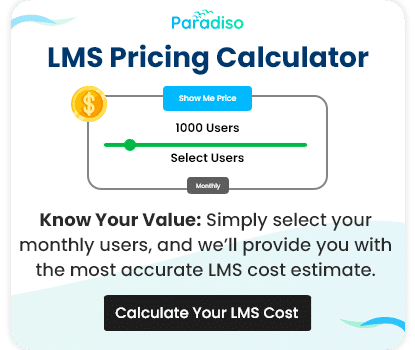Key Features and Functionality of an Enterprise Training Management System
An Enterprise Training Management System is built with a comprehensive set of features that make managing training programs easier and more effective. Key functionalities include:
1. Seamless Integration with HRIS
A robust Enterprise LMS integrates with leading HRIS systems like Peoplesoft, SAP, and Oracle. This ensures that employee profiles and course completions are automatically synchronized across platforms. When new employees join the company, their information is automatically imported into the LMS, streamlining onboarding and training processes.
2. Collaboration and Productivity Tool Integrations
An Enterprise Training Management System integrates with productivity and collaboration tools such as Google Apps, Office 360, and OneDrive, allowing employees to stay organized and manage their daily tasks from within the LMS platform. Integration with single sign-on (SSO) allows for a seamless user experience without needing additional logins.
3. CRM Integrations for Sales Training
With integrations for CRM platforms like Salesforce, Microsoft Dynamics, and SugarCRM, an Enterprise LMS facilitates sales training and partner education programs. This integration boosts performance by connecting employee learning with customer relationship management efforts.
4. E-commerce Integration for Selling Training Programs
An Enterprise LMS is compatible with eCommerce platforms such as Shopify, Magento, and Woocommerce. This allows you to sell training programs online and increase revenue. The integration also supports auto-enrollment and single sign-on (SSO), ensuring a smooth registration process.
5. Video Conferencing Integration
An Enterprise LMS integrates with top video conferencing platforms such as WebEx, GoToMeeting, and Big Blue Button, enabling organizations to host remote classes, webinars, and online events directly from the LMS interface. The SSO functionality simplifies access to virtual meetings.
6. Content Management System (CMS) Integration
An Enterprise Training Management System seamlessly integrates with popular content management systems (CMS) like WordPress and Drupal, giving organizations greater control over their web content while aligning it with learning materials in the LMS.
7. Social Media Authentication
To make it easier for employees to access the system, an Enterprise LMS supports authentication via LDAP, LinkedIn, Google+, Facebook, and other social platforms. The SSO feature enhances security while reducing the risk of password-related issues.
8. Content Repository Integrations
An Enterprise LMS integrates with enterprise content repositories like Alfresco and Box.net. This allows content creators to manage and publish training content directly from the content management platform, streamlining the content creation and delivery process.




















